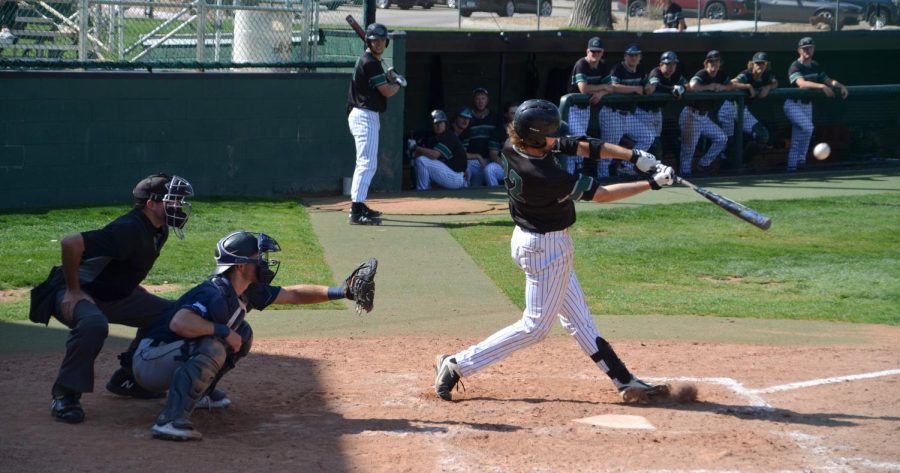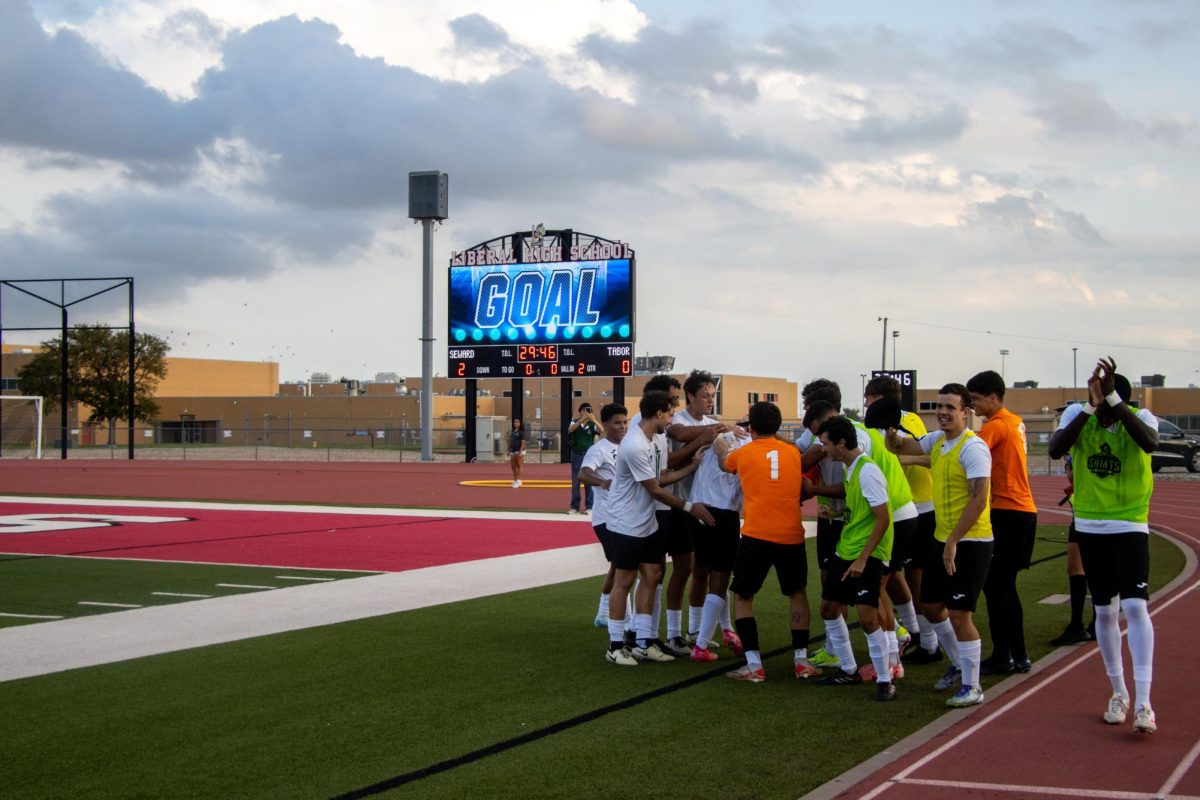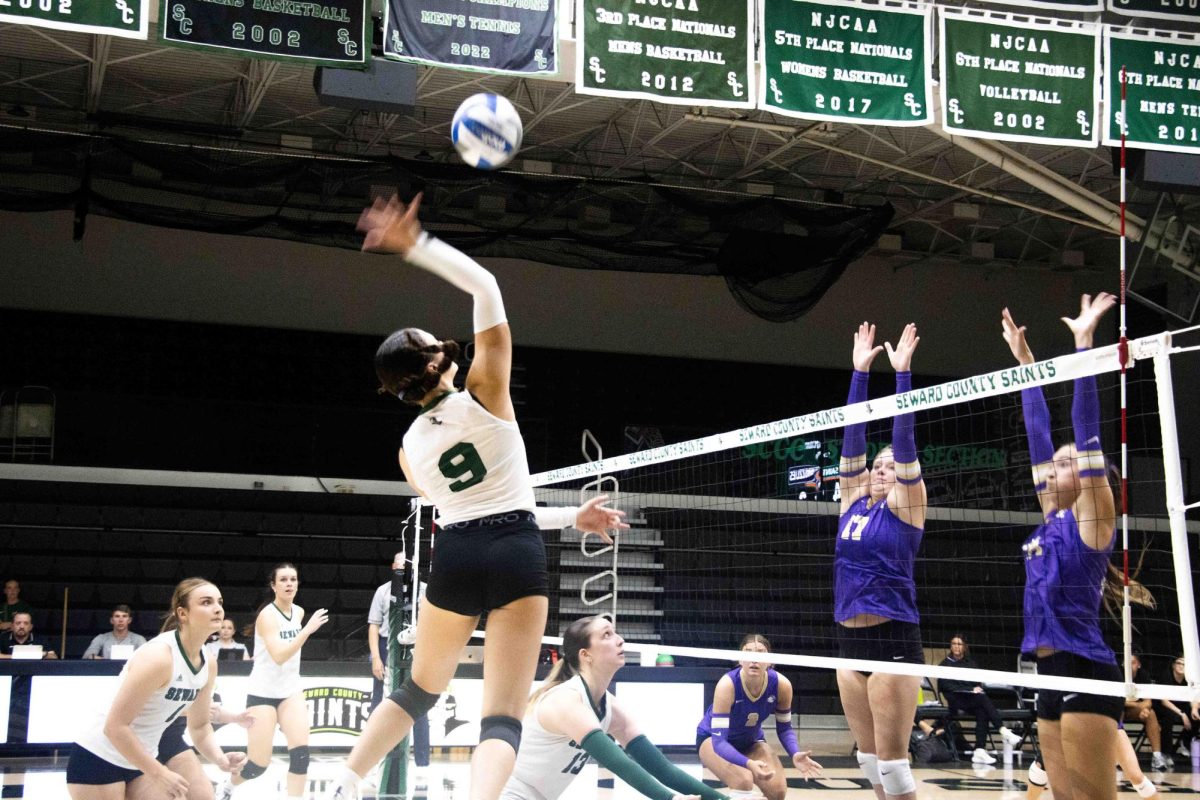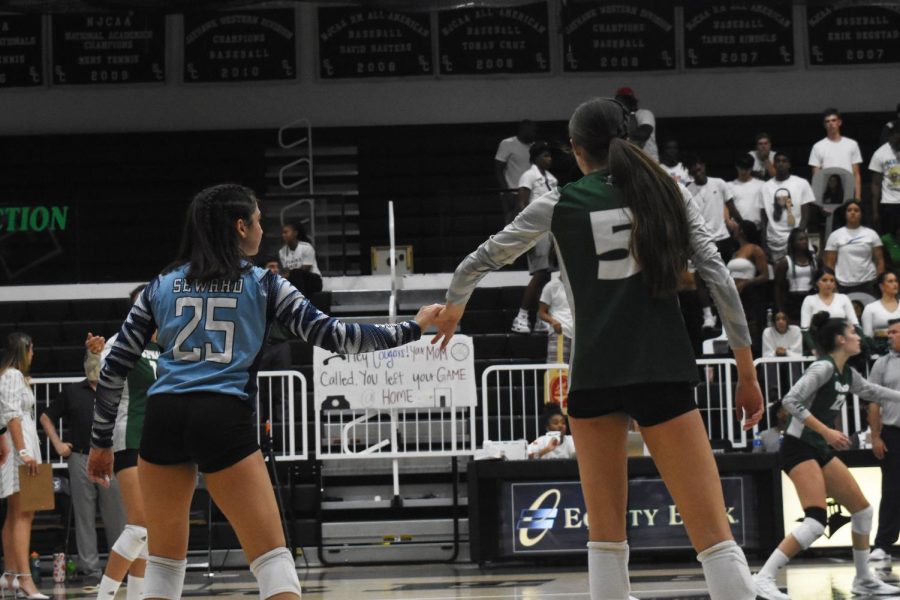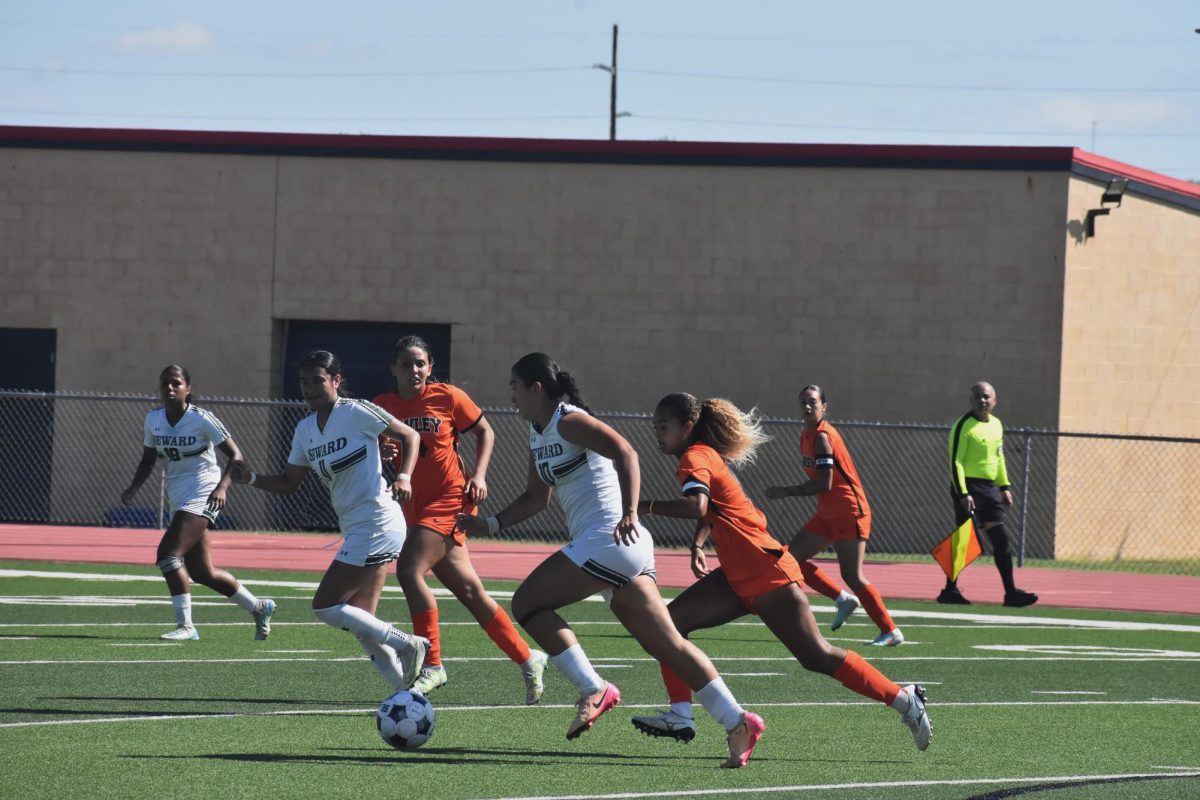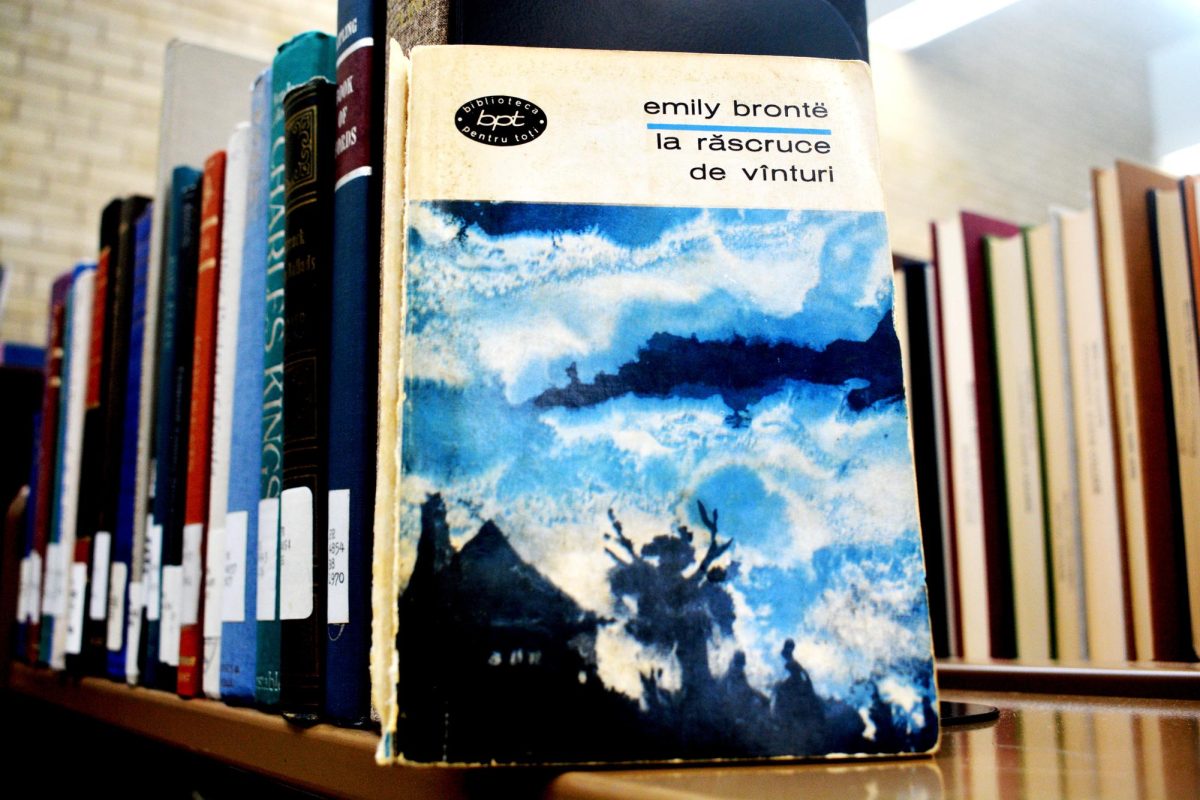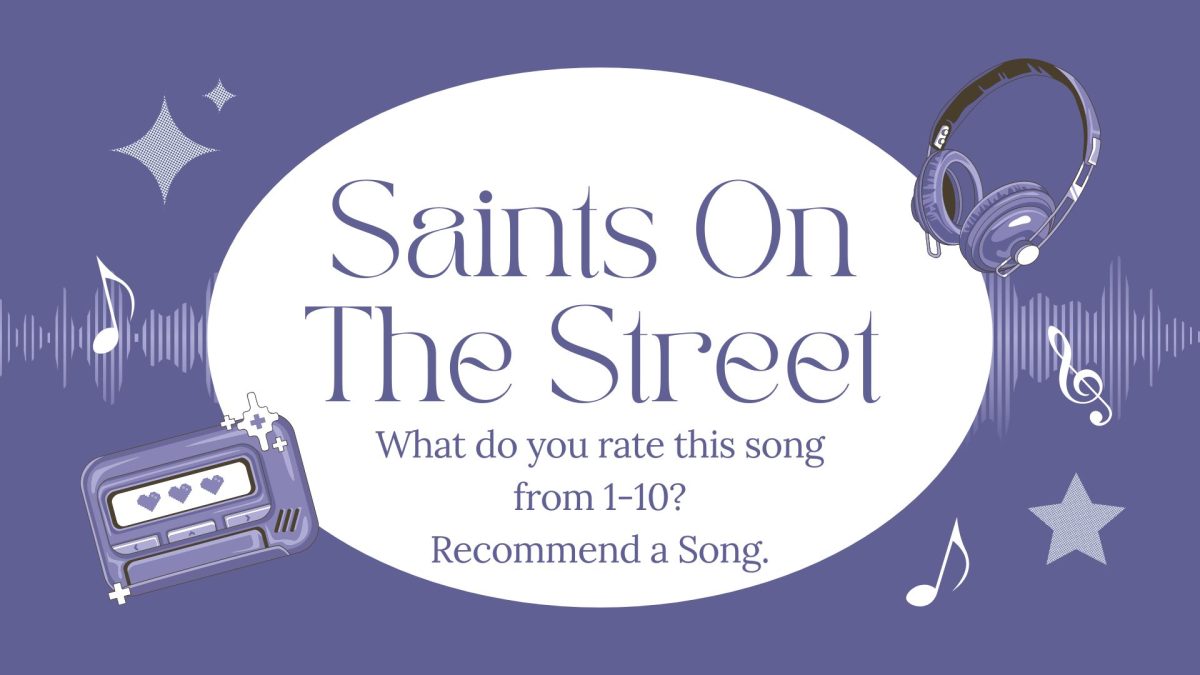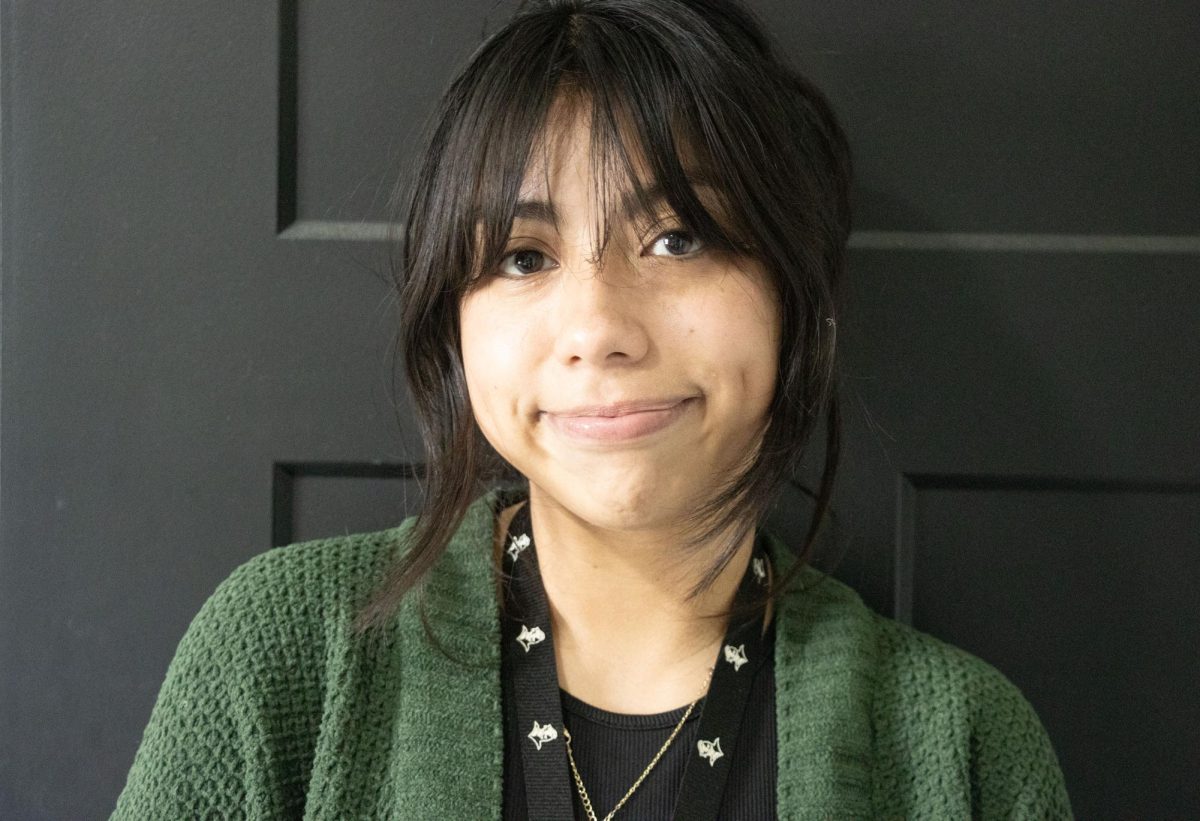Citizens, representatives, senators, members of the Electoral College. Whose vote has the final say; whose vote is most powerful? The United States is known for being a representative democracy, so oftentimes the way people interpret it can be unclear. The question is inevitable: Does my vote matter? That is a fair question to ask. It is not as if a singe vote could alter an entire presidential election, although the film industry toyed with the concept in “Swing Vote.” What is truly important are votes made by the Electoral College. The Electoral College basically has the final say in who wins the election by majority vote. The electoral college has more of a say because, in simple words, we vote for who will vote for the president. We, as in citizens, choose who our electors are. The Electoral College is made up of 435 members of House of Representatives, 100 senators, two per state, and three representatives of the District of Columbia. These 538 electors have the job of electing and deciding upon who will win the presidency and vice presidency. First off, voters have to select members of the Electoral College and this is scheduled to happen on Nov. 6 of this year. On this election day voters decide who will represent them, and the States then issue seven original “Certificates of Ascertainment,” these include the names of the electors, number of votes they received, and the names of other candidates and number of votes they attained also. These documents are sent to the Archivist of the United States. The next time the College meets up is Dec. 17; federal law says the meeting must take place on this day. The College meets in each state and then selects the President and Vice President of the United States. The deadline for the electoral votes is on Dec. 26. By this date the President of the Senate, the Archivist of the U.S. and other designated federal and state officials must have the electoral votes. The next important date for the College is Jan. 6, 2013. The counting of the College’s votes takes place. The Congress meets in joint session do this. This system is organized and seen as fair for the country as a whole. With the Electoral College system, it is thought to be a fair vote inclusive of “small states” in this way small towns have a say, too. In contrast to this is the fact that the College distorts popular choice, furthermore it alters what could be the popular vote by the people to distortion in our two political sides. However, the College does have much controversy. Though millions vote, in a way this system discourages some voters, for example, why would a Republican vote in an all Democrat state? The College is said to really suppress voter turn out. Also, the electoral college system heavily promotes the two party system, this in turn makes including a third party very difficult. Though this system creates political stability, it has the scary side of going against the majority of the people. The important thing is to vote. Accept your responsibility as an adult citizen of a representative democracy and make your voice heard at the polls, even if you’re voting blue in a red state.
Electoral college brings questions to voters
October 25, 2012

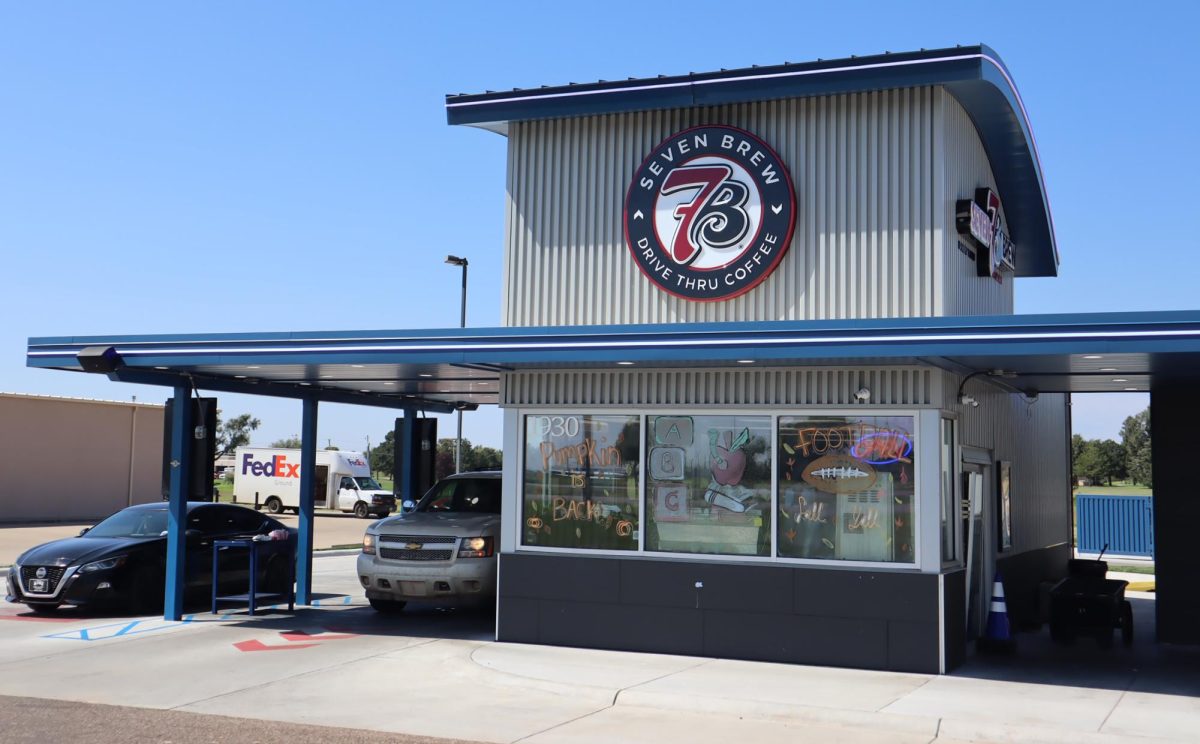
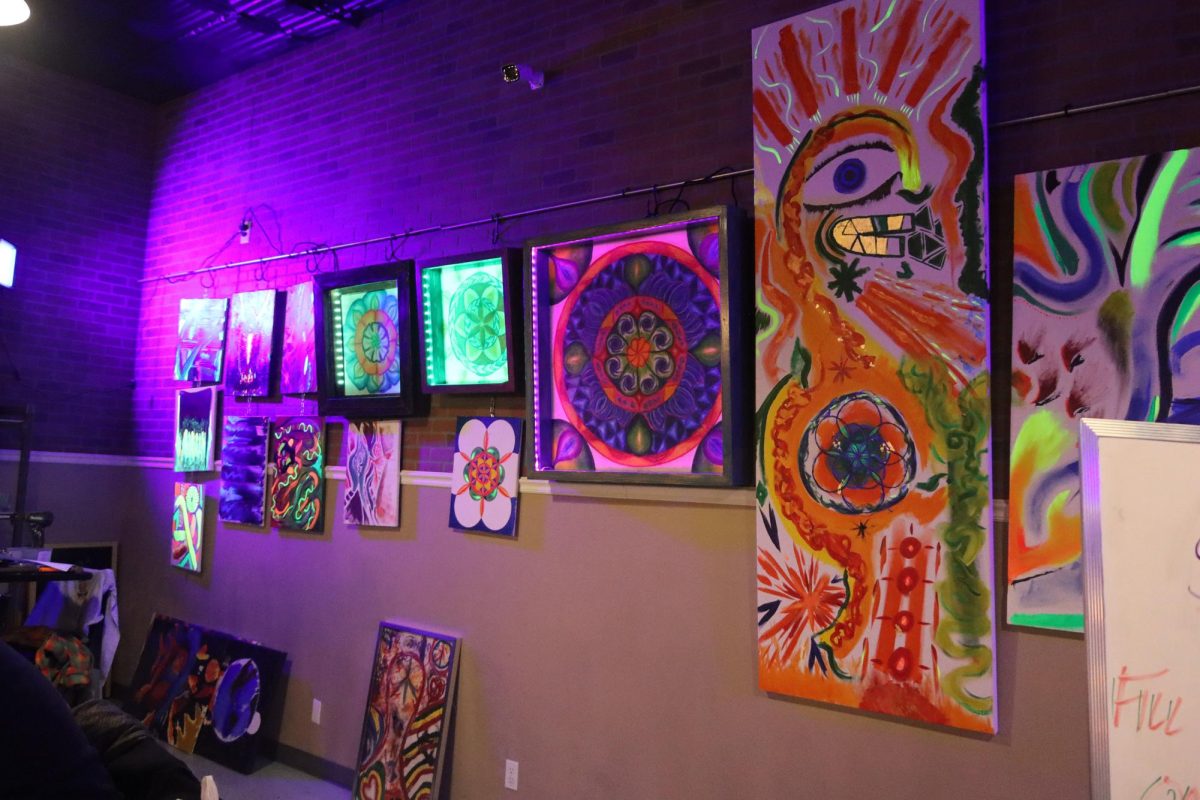

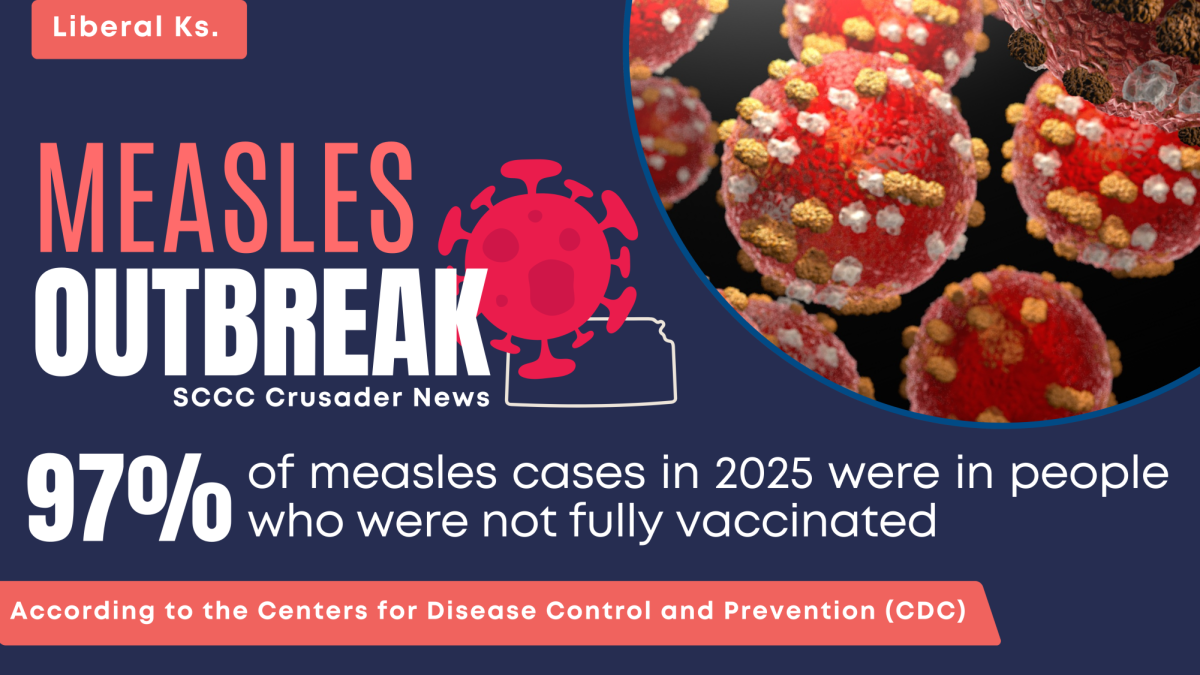
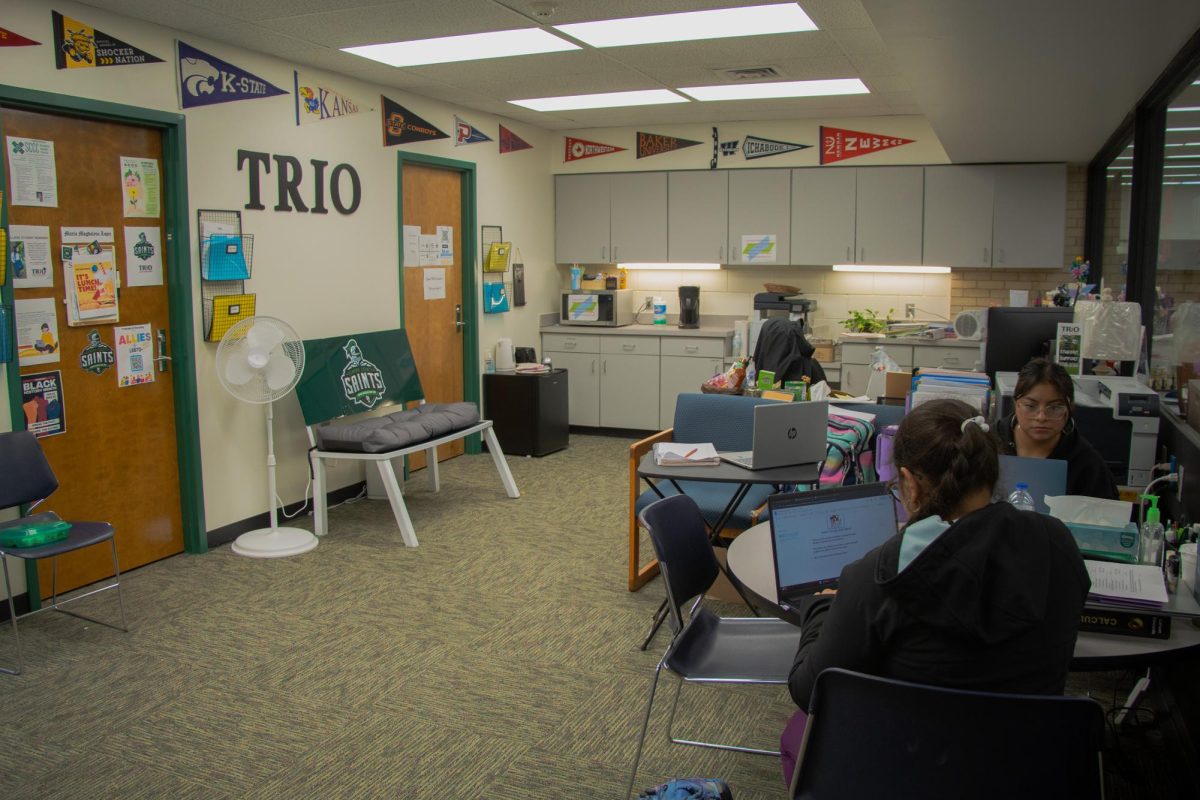








![The sophomores were recognized on the field instead of walking across the stage during their doubleheader. They received their diplomas and a picture of themselves playing during their career at Seward. [Pictured left to right are Dylan Day, Reed Thomas, Jase Schneider, Mason Martinez, Gannon Hardin, Brody Boisvert, and Zach Walker]](https://crusadernews.com/wp-content/uploads/2022/05/WEBDSC_0275-900x454.jpg)
